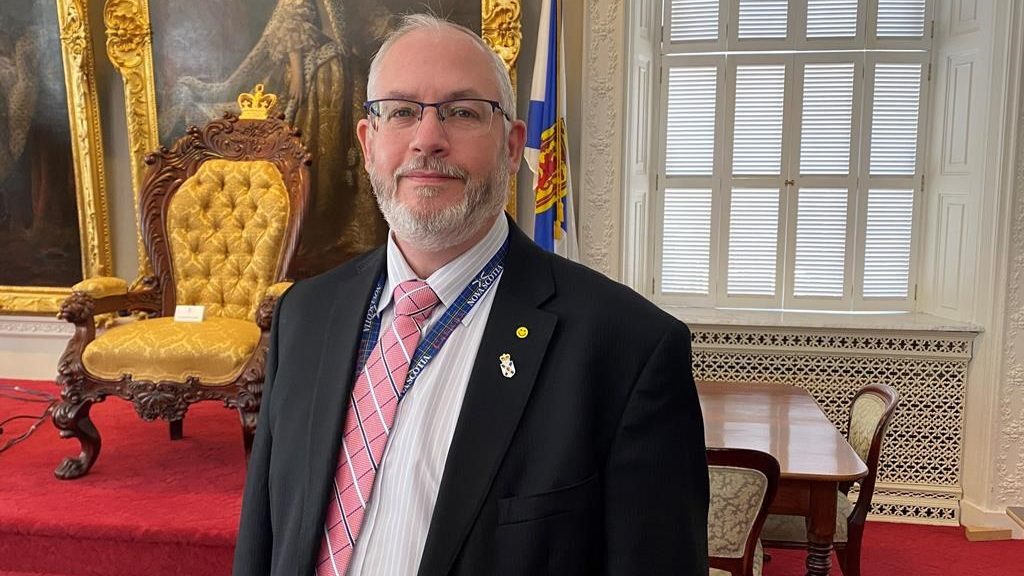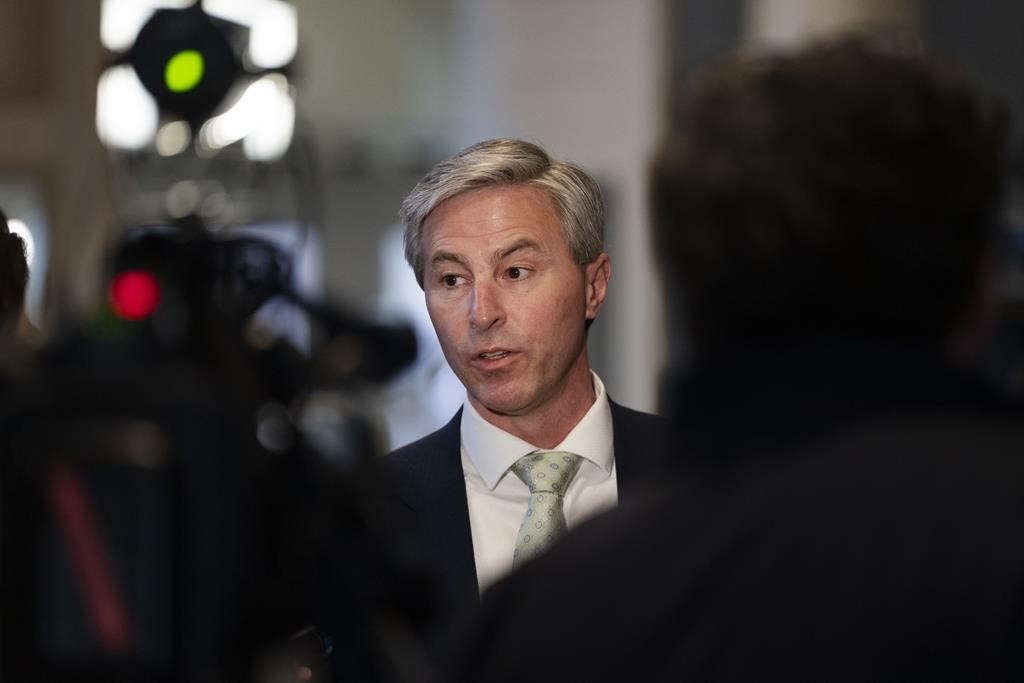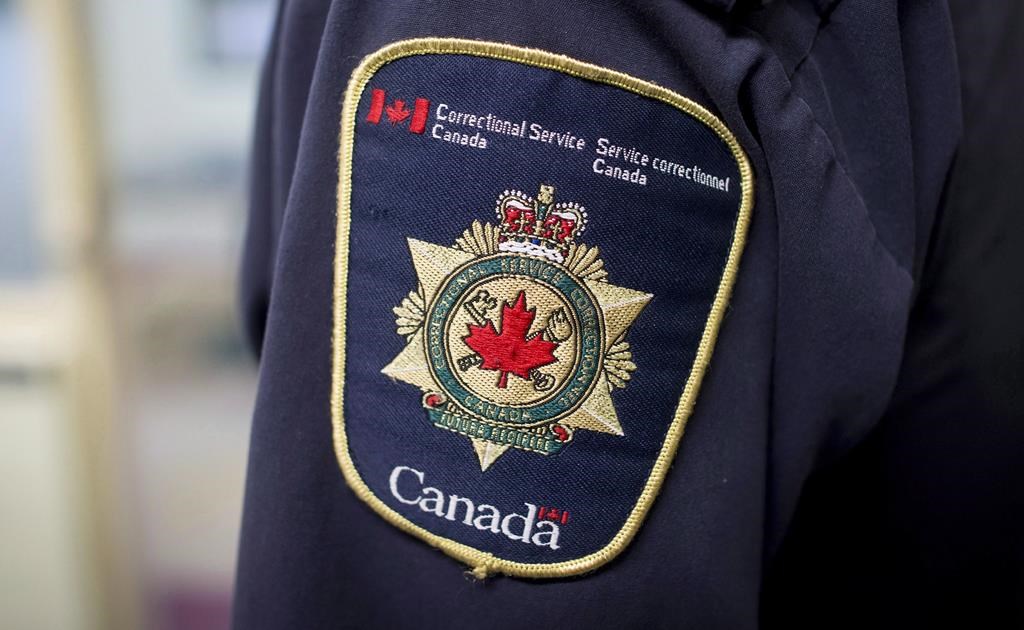Canadian visa requirement could scuttle trade pact with EU: envoy
Posted Apr 26, 2012 04:56:22 PM.
This article is more than 5 years old.
OTTAWA – The European Union warned Thursday that Canada’s long-sought free trade deal could ultimately be blocked because of anger in three Eastern European countries over travel visas imposed on their citizens by Ottawa.
The diplomatic broadside throws cold water on the Harper government’s massive cross-country charm offensive to warm Canadians to the benefits of a free trade deal with the powerful 27-country bloc.
The warning from the EU’s ambassador to Canada came as the Tories’ plan Friday to dispatch no less than 19 caucus members — cabinet ministers, junior ministers and one senator — across the country to sell the benefits of the yet-to-be-finalized deal in a series of events from St. John’s to Vancouver.
It also comes just days after the talks were publicly described as entering their end-game. The trade minister of Denmark, which holds the rotating presidency of the EU council, said on a visit to Ottawa earlier this week that three-quarters of the deal is finalized and there’s optimism a deal could be struck within six months.
But EU Ambassador Matthias Brinkmann said Thursday the final ratification faces serious opposition by the Czech Republic, Hungary and Bulgaria.
Opposition is particularly fierce in the Czech Republic after Canada imposed its visa requirement in 2009 to curb an influx in the flow of Roma refugee claimants that Ottawa views as bogus.
“These three members states, will they give approval if they still need visas? Probably not,” Brinkmann told reporters Thursday.
The EU allows visa free travel among its members, so the visa has created ill will in those countries, the envoy said.
“This is a big irritant; member countries are not happy at all,” said Brinkmann.
“Especially because they are former communist countries where they couldn’t travel at all outside of their country.”
The deal would likely have to be ratified by the European Parliament as well as the individual legislatures of the 27 member countries. The Czech Republic has already indicated it is willing to use the ratification as leverage to lift the travel restriction.
“We hope we won’t need any visa at the time when the ratification procedure starts,” the Czech deputy trade minister told The Prague Post newspaper last fall. “Otherwise, we will have a serious problem.”
In Ottawa, the government has tabled a new immigration bill that it hopes will address flaws in how Canada processes asylum claims. The bill could lead to the lifting of the visa requirements. Brinkmann had no comment on the progress of that bill, saying it is an internal Canadian matter.
The current round of talks on creating a Comprehensive Economic and Trade Agreement (CETA) would establish the most wide-ranging trade deal Canada has ever entered. It would encompass not only goods, but investment and services, and provincial and municipal government procurement.
Agriculture remains the last major obstacle to the deal, Brinkmann said. That was the same view offered by Danish trade minister Pia Olsen Dyhr this week after a meeting in Ottawa with Ed Fast, her Canadian counterpart. Canada’s system of supply management for poultry, dairy and eggs remains a sticking point.
Brinkmann said the EU doesn’t expect Canada to abandon its supply management system, which is sacrosanct to Ontario and Quebec farmers. But he said there would have to be given and take on both sides. He noted that Western Canadian beef producers want greater access to European markets.
“For the prairies, the beef issue is a big one. There will be no beef without dairy. It is almost a foregone conclusion,” he said.
“In the end it’s a balance.”
The government estimates the deal would give Canada improved access to a market of 300 million mostly affluent consumers, boost annual gross domestic product by $12 billion and create 80,000 jobs.
To that end, the Tories will hold staged events in every province on Friday to promote the deal. The communications juggernaut starts rolling at an Ottawa breakfast meeting of the Economic Club of Canada, where Fast is to give the keynote address.










